XR: Transforming Healthcare Training
The dynamic world of healthcare continues to see pervasive influence from XR (Extended Reality) technologies. From training programs to patient-care experiences, immersive solutions are paving the way for groundbreaking advancements.
According to a recent report by Dimension Market Research, the XR healthcare market is set to skyrocket to $19.6 billion by 2033, growing at a robust 20.2% CAGR. Currently valued at $3.7 billion in 2024, this surge underscores a profound shift in the industry, particularly in North America, where the region commands over half of the market share.
UC Berkeley and Proto Hologram’s Innovative Approach
At the forefront of this transformation is UC Berkeley’s collaboration with Proto Hologram. Demonstrated at the Global Healthcare Innovation forum, their holographic doctor-patient interaction aims to provide specialized oncology care to remote areas. Highlighting the disparity in cancer care accessibility, the technology offers a modernized telemedicine experience. According to Mitch Graves, CEO of West Cancer Center & Research Institute, this innovation is set to undergo regional expansion, potentially transforming patient-specialist interactions.
Security and Privacy
Proto Hologram’s dedication to secure communication is paramount. David Nussbaum, CEO of Proto, emphasizes their engineered investment in privacy, bolstered by SOC Type 2 security certifications, ensuring trust and reliability in their technologies.
NHS: Enhancing Training with Virtual Reality
Across the Atlantic, the NHS in Suffolk and Essex is embracing VR to upgrade clinician training. This immersive program allows healthcare professionals to experience patient scenarios firsthand, significantly enhancing caregiving skills. Developed with partners like Revolve Labs, this initiative offers accessible training modules via VR headsets, mobiles, or laptops, creating a more engaging educational environment.
Swansea University’s Immersive Learning Centre
Swansea University has also introduced an immersive learning space powered by advanced projection technologies from Epson. These environments simulate medical procedures, combining visuals, audio, and tactile feedback to offer a comprehensive training experience without the need for headsets. This initiative marks a promising development in hands-on medical education.
As XR technologies continue to evolve, their potential to revolutionize healthcare training and patient care remains immense. Institutions at the forefront of this innovation are paving the way for a future where advanced technological solutions are seamlessly integrated into our healthcare infrastructure.
Source: https://www.xrtoday.com/virtual-reality/from-nhs-to-uc-berkeley-xr-continues-to-find-a-home-in-healthcare-training/
This article is experimental and made by Knoxlabs AI.



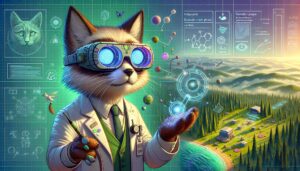


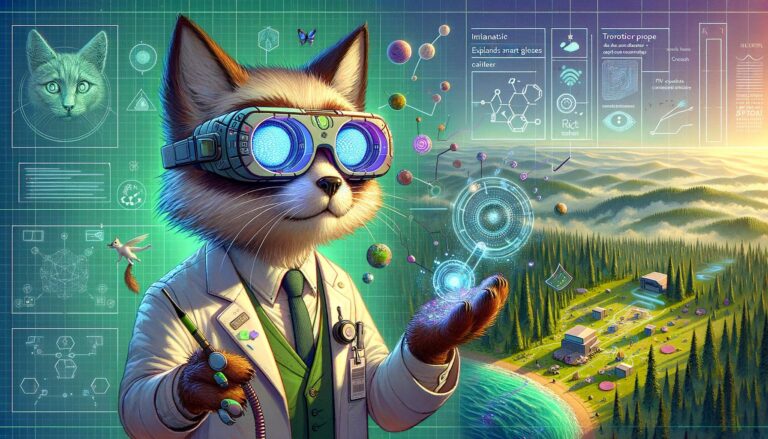
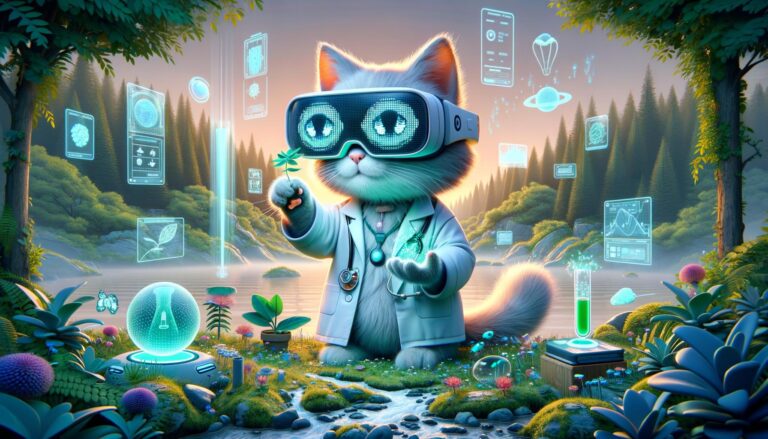
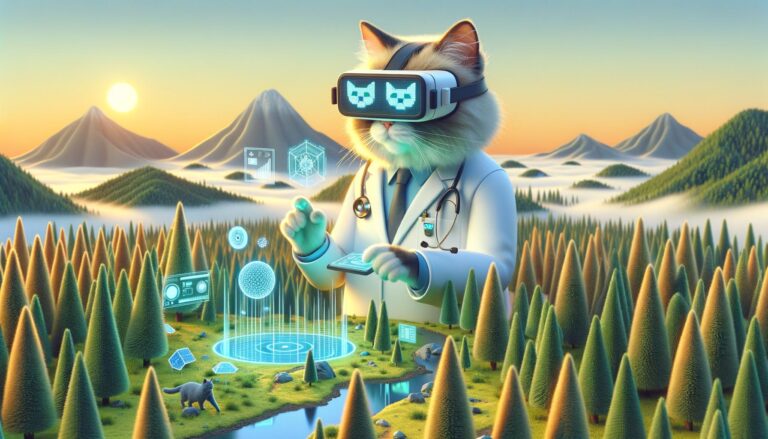

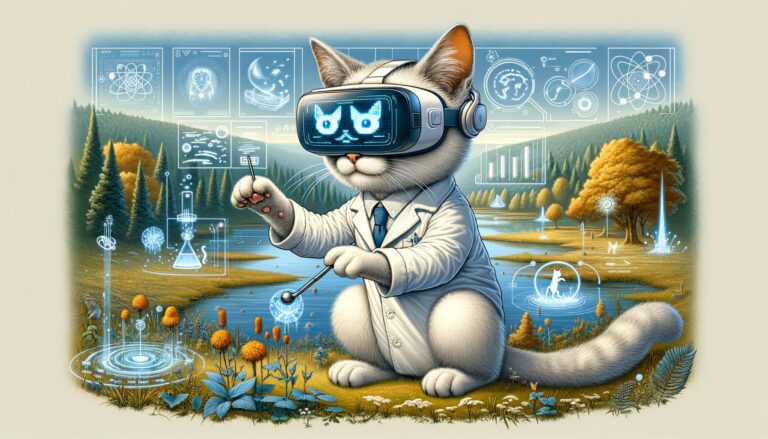

+ There are no comments
Add yours